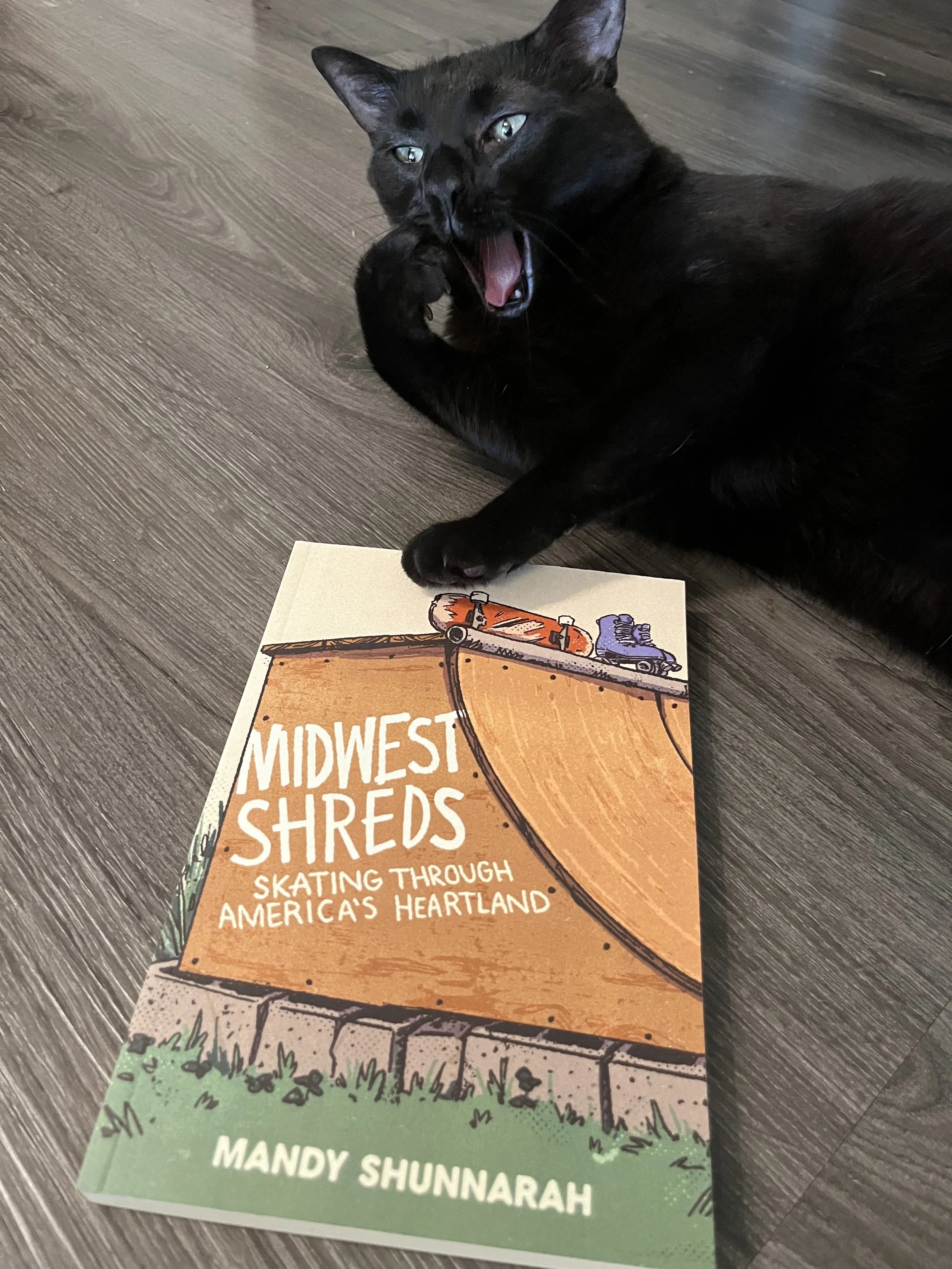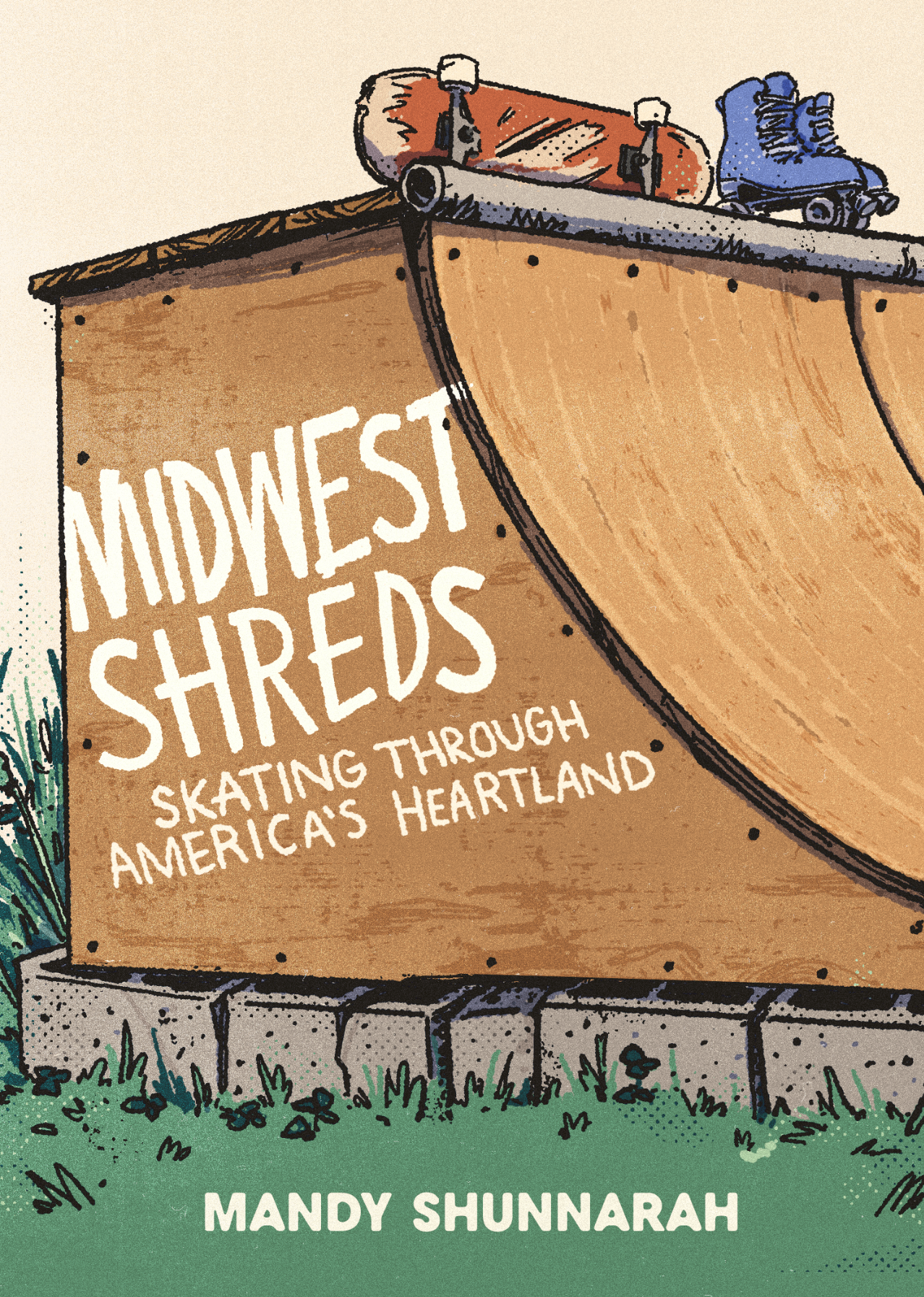What's With All the World War II Fiction?
Source: unsplash
The rocket's red glare and the bombs bursting in air have made me an unabashed lover of war fiction. I'll read historical fiction set in the era of just about any war---which, as a US-native, is easy to do since our government officials tend to be war-happy. Despite my many options for war fiction fodder, World War II fiction is by far my favorite.
And I'm not the only one. Stories set during the time of World War II are not only plentiful, but really damn good. Just look to the sudden resurgence in the popularity of the book, The Man In the High Castle, originally published in 1962. (That's thanks in part to Amazon's production of the TV show based on the book). Or look to a number of book award winners, the most recent of which being All the Light We Cannot See, and World War II fiction won't be hard to find.
I've been considering why this might be. There is the obvious answer: in addition to war, there was genocide in the Western world on an astronomical scale. The US has been known to facilitate genocide toward native peoples (Native Americans), people in countries with whom we are at war (Vietnam), and in countries with a propensity toward corruption (Cambodia). Or, in some cases, the US shrugged off genocide and conveniently used their force as a world power elsewhere (Rwanda, Darfur), or simply refuses to acknowledge that the genocide ever happened (Armenia).
But the Holocaust was different---for the first time in recent memory, genocide was happening in the Western world. Jewish people, which the US has historically had a significant population of, were being massacred and that didn't sit well. It's easy to turn a blind eye to genocide when it doesn't affect a people that makes up a significant number of your country's population. The Holocaust was an indication that if the Axis powers ruled, they would come for the US and launch an attack on our way of life.
But there's more to it than that. Even as undeniably consequential as the Holocaust was, there seemed to be something else that made World War II particularly attractive to fiction writers. After all, there's a good bit of World War II fiction that doesn't discuss the Holocaust at all. And over the past weekend, with a little help from my boyfriend, I finally figured out what it was.
First, a little backstory. I'm the worst person on the planet to watch a movie with. I can read undisturbed for hours on end, but the minute a movie starts slowing down or gets too repetitive or if the action doesn't pick up fast enough, I'm fidgeting, asking a million questions, and finding things to do that require me to constantly get out of my seat. And, unfortunately for me, there are a lot of movies that bore me. But since Jon likes them, I oblige him.
He does his best to pick things he thinks I'll like, so knowing I enjoy World War II fiction, we watched Inglorious Basterds and Saving Private Ryan. Toward the end of the second movie, I stared at the screen and said, "I just can't seem to figure it out. People love World War II so much more than all the other wars, so it's a near constant fixture in movies and books, but I can't put my finger on why exactly that is."
Jon replied, "I think it's that it's the last war of its kind. Both sides using very similar tactics, both wearing uniforms, both abiding by rules of war [with regard to POWs, etc.], not so much guerrilla warfare, no drones so all the fighting was more or less face-to-face, the fighting countries were of similar status in world power... There's nothing else like it."
And he's right---there's nothing else like it. Part of the craft of writing fiction is understanding what hits at the heart of readers' emotion, what packs a powerful punch of feeling. For that, World War II supplies endless fodder, a wealth of ingredients. Though certainly no justification for the lives lost or atrocities committed, fiction is made richer for it.
Do you have a favorite World War II fiction book? Share it in the comments!
Sources consulted:
list of genocides, Cambodian genocide, genocide and the west, Rwandan genocide, Bystanders to Genocide, Armenian genocide, Darfur genocide, and US response to Darfur.
















